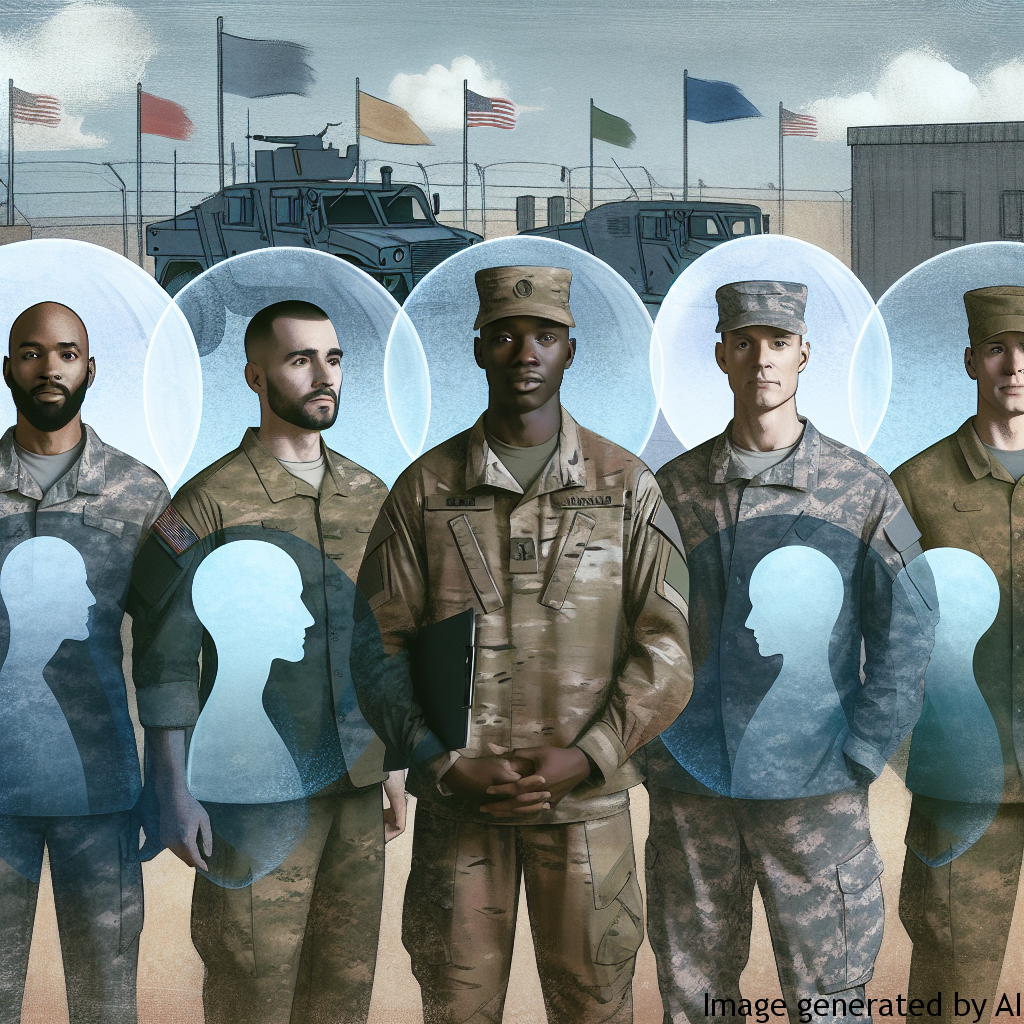Introduction
Mental health is a topic of utmost importance, especially when it concerns the military personnel who are expected to maintain a certain level of toughness and firmness. Among military personnel, men, in particular, face unique challenges tied to gender expectations and roles that can significantly affect their mental health. This article aims to explore the effects of gender expectations on the mental health of men in the military, provide examples of these challenges, and propose some ways to mitigate these harmful effects.
Gender Expectations and Their Impact on Men’s Mental Health
The “Toughness” Stereotype
One of the most pervasive gender expectations is the cultural stereotype that men should be “tough,” physically and mentally. In a military setting, this expectation is amplified, leading to an environment where mental health concerns might be overlooked or suppressed in an effort to appear strong and in control. This repression can exacerbate mental health conditions such as PTSD, depression, anxiety, and lead to detrimental behaviors such as alcohol and substance abuse.
Gender Roles and Emotional Expression
Gender roles can also greatly impact the emotional health of men in the military. Men often face societal pressures to suppress their emotions, which is heightened in the military setting, where emotional control is seen as crucial. However, the suppression of emotions can interfere with healthy psychological functioning and well-being, leading to increased levels of stress, diminished problem-solving abilities, and greater susceptibility to mental health disorders.
Examples of How Gender Roles Can Impact Men’s Life
One example of how gender roles impact men in the military is the rate of suicide. Studies have shown that male military personnel are at a higher risk of suicide compared to their civilian counterparts, which some attribute to the difficulty of adapting to civilian life and the perceived loss of identity after leaving the military services. Another example is the stigma associated with seeking help for mental health issues. Many male military personnel fear being perceived as weak or unfit for duty, discouraging them from seeking help and potentially worsening their condition.
Tips on Improving Mental Health Considering Gender Roles
Understanding and acknowledging the effects of gender roles and expectations on mental health is crucial for making substantive improvements. Encouraging open discussions about mental health can help break the stigma attached to seeking help. Offering comprehensive mental health services and resources within the military setting can provide support for those who need it. Furthermore, changing the narrative around what it means to be “strong” to include seeking help when needed can also contribute to laying down the foundation necessary for improved mental well-being.
Conclusion
The mental health of men in the military is deeply affected by gender expectations and roles. Recognizing these influences is crucial in the effort to improve mental health support for male military personnel. With societal change, open conversation, and appropriate supportive services, the effects of these gender roles can be mitigated to promote healthier, happier lives for these brave individuals who serve their countries.

